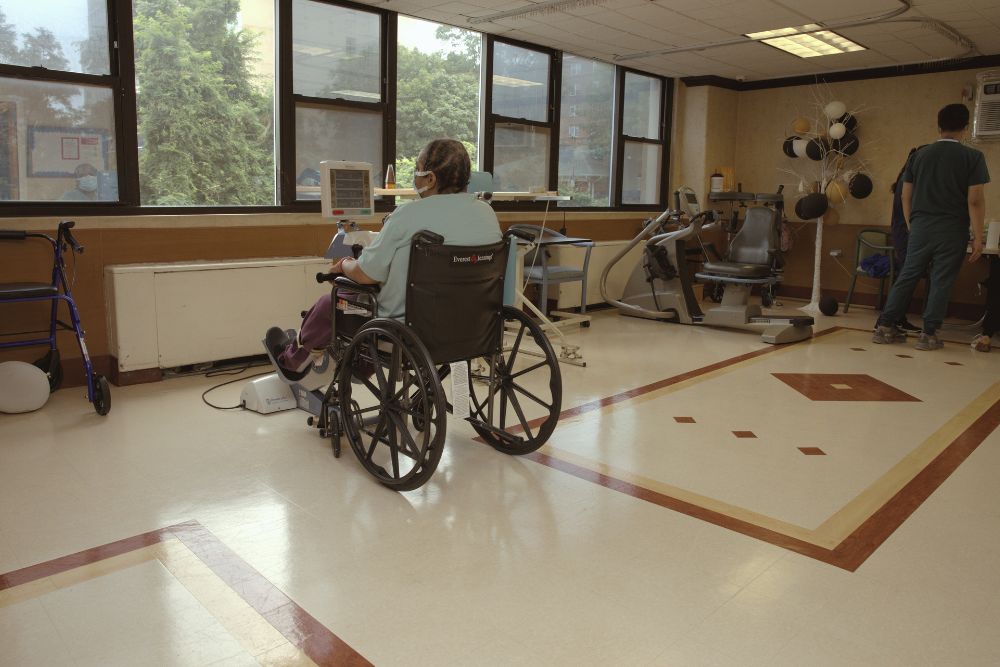What Causes Fluid in The Lungs – How Serious Is It?
Too much fluid in the lungs is called pulmonary edema, which has two specific types. Acute pulmonary edema develops quickly and requires immediate treatment, while chronic pulmonary edema is long-term and less life-threatening. Symptoms include breathing difficulty, coughing up blood or red froth, wheezing, paroxysmal nocturnal dyspnea, and chest pain. To protect yourself against these issues, it’s best to learn what causes the fluid buildup. Remember, the seriousness of fluid build-up depends on various factors, so seek medical advice for guidance and treatment.
Those dealing with pulmonary edema require cardiopulmonary care, including cardiac care, which features exercise and education to prevent future issues. Respiratory care is also crucial, including advanced airway management, ventilator assistance, and trach care to help patients breathe easier. These treatments are customizable to ensure the best results, regardless of how mild or serious the issue is. For more information on why the buildup of fluid occurs, keep reading.

Causes Of Fluid in The Lungs
Though there are several causes of pulmonary edema, the most common is heart-related. It frequently occurs during congestive heart failure, when the heart’s left side pumps blood incorrectly. Blood then backs up into the lungs’ blood vessels, increasing pressure until fluid is forced into its air sacs.
Various medical conditions cause congestive heart failure leading to cardiogenic pulmonary edema. These include heart attack, valvular heart disease, cardiomyopathy, arrhythmia, hypertension, myocarditis, and pericardial effusion.
Pleural effusion is fluid buildup between the chest wall and the lungs. There are two types, including transudative pleural effusion and exudative effusion. The former is commonly caused by heart failure. The latter is due to blocked blood or lymph vessels, infection, inflammation, tumors, or lung injury.
There are also several non-cardiogenic reasons for fluid in the lungs, occurring when lung blood vessels are injured or inflamed. Medical issues causing pulmonary edema include sepsis, trauma, liver disease, pancreatitis, pneumonia, pulmonary embolism, or neurogenic pulmonary edema. Certain prescribed medications or illegal drugs, or exposure to toxins or smoke can also cause fluid buildup.
What happens if this condition is left untreated?
Delaying treatment of fluid buildup can have severe consequences, especially in acute pulmonary edema. Treatment involves discovering the cause of the fluid in the lungs and using the proper method to manage it. Such treatment could include oxygen to help you breathe and medication to decrease fluid levels and combat other symptoms.
Though chronic pulmonary edema is milder than the acute version, both require immediate treatment. Doing so prevents complications or worsening of the symptoms. Avoiding treatment could be life-threatening, so seek medical attention as soon as possible.
How can I reduce fluid naturally?
Those with fluid in the lungs from severe medical conditions, such as heart failure, should seek professional treatment. These could include oxygen, diuretics, and other prescribed medications.
For less-serious non-cardiogenic causes, you may be able to use natural solutions to detox your lungs. These can include quitting smoking, altering your diet to include healthier options, and improving the air quality in your home.
Though breathing issues make physical activity difficult, once the symptoms less, adding exercise to your routine is recommended. Doing so strengthens your lungs, heart, and the rest of your body, reducing the risk of future medical issues.
Resources:
https://www.mayoclinic.org/diseases-conditions/pulmonary-edema/symptoms-causes/syc-20377009
https://www.pennmedicine.org/for-patients-and-visitors/patient-information/conditions-treated-a-to-z/pulmonary-edema
https://my.clevelandclinic.org/health/diseases/24218-pulmonary-edema
https://medlineplus.gov/ency/article/000086.htm
https://www.lung.org/blog/can-you-detox-your-lungs
This article contains informational and educational materials and does not replace health or medical advice. For questions or concerns regarding your medical condition or health objectives, speak to a qualified physician or healthcare provider.






Leave A Comment